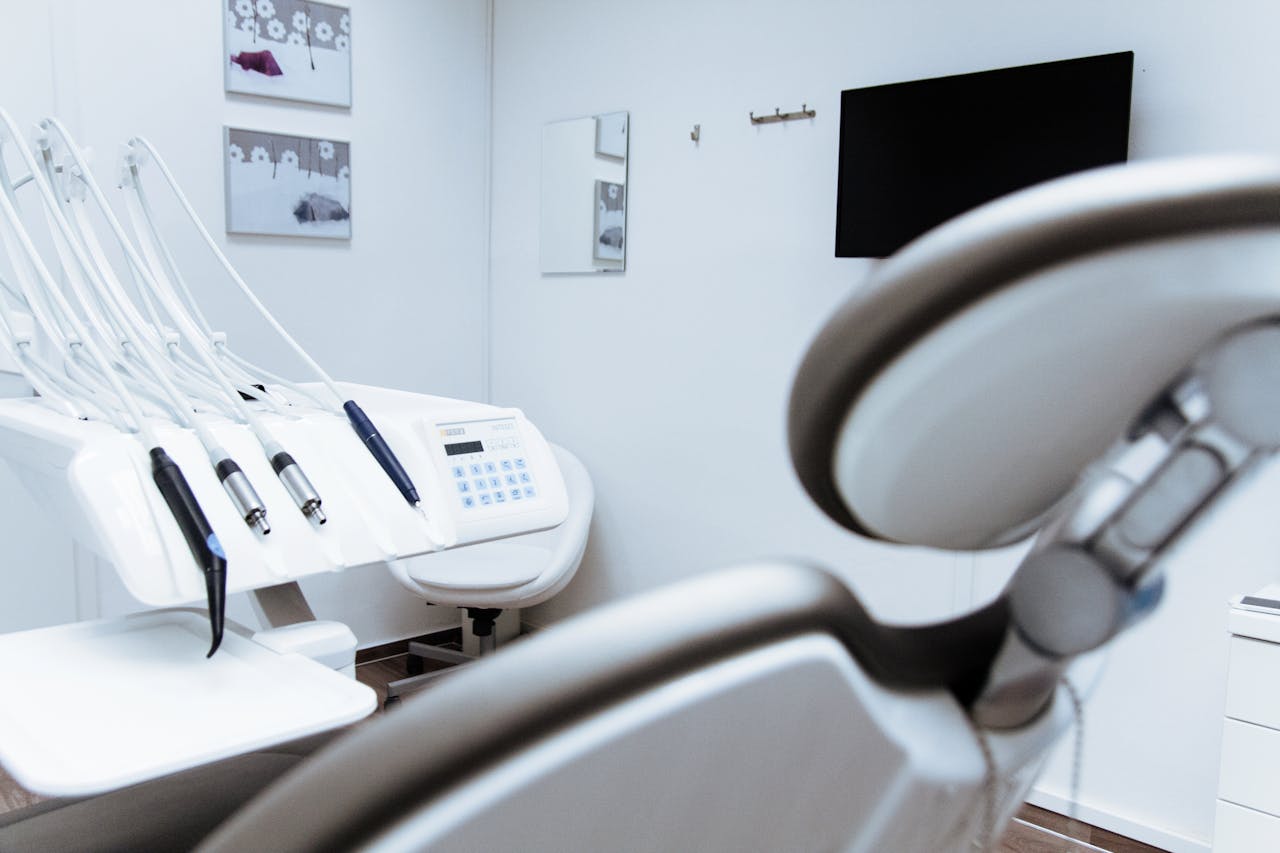The integration of developing technology has led to a major upheaval in the healthcare industry in recent times. Healthcare delivery, management, and patient experience are all changing due to these cutting-edge technologies, which include blockchain, robotics, telemedicine, and artificial intelligence. Emerging technologies are advancing clinical results, operational efficiency, and patient care by utilizing data, connectivity, and sophisticated algorithms. Let’s examine how these revolutionary forces are changing the healthcare industry.
Artificial Intelligence: Revolutionizing Clinical Decision-Making
Modern healthcare has come to rely heavily on artificial intelligence (AI), which provides previously unheard-of capabilities in data analysis, predictive modeling, and clinical decision support. Artificial intelligence (AI) algorithms can help healthcare providers diagnose illnesses, forecast treatment outcomes, and customize patient care plans by sifting through large datasets and finding patterns. AI-powered technologies are improving diagnostic accuracy and enabling more targeted treatment options in a variety of fields, including genetic data analysis and medical image interpretation.
Many professional scientists and organizations are contributing to the advancement of quantum computing in healthcare. The use of quantum computing in healthcare enhances AI algorithms’ capabilities by allowing for faster and more effective data processing. AI applications have greater promise because of quantum computing’s speed and capacity to handle large, complicated datasets. This could lead to improvements in patient management, drug research, and illness diagnosis.
Telemedicine: Bridging Gaps in Access to Care
Expanding access to healthcare services, especially in rural and disadvantaged areas, has become increasingly important with the rise of telemedicine. Patients no longer require in-person consultations to speak with healthcare professionals, obtain medical advice, and receive specialized care due to telecommunication technologies. Patients can take charge of their health from the comfort of their homes with the use of telemedicine systems, which allow for remote vital sign monitoring, medication adherence, and chronic illness management.
Telemedicine systems can profit from improved data security procedures to safeguard patient confidentiality and privacy. Trust and confidence in telehealth solutions are fostered by resistant encryption techniques, which guarantee the confidentiality and integrity of sensitive medical data transferred across digital networks.
Internet of Medical Things (IoMT): Enhancing Remote Monitoring
Real-time data collection, monitoring, and transmission of health-related information are made possible by the networked medical devices, wearable technology, and sensors that make up the Internet of Medical Things (IoMT). IoMT technologies provide continuous remote monitoring and individualized healthcare interventions, ranging from wearable fitness trackers to implanted medical devices. IoMT devices provide early intervention and proactive health management by providing insights into patient health trends through the use of data analytics and machine learning algorithms.
IoMT technologies can optimize data processing and analysis by utilizing algorithms. Real-time insights and predictive modeling for personalized healthcare delivery are made possible by the scalability and efficiency of IoMT systems, which are enhanced to manage complex information and execute quick calculations.
Blockchain Technology: Securing Health Data
A decentralized and secure framework for handling medical data, transactions, and supply chains is provided by blockchain technology. Blockchain improves the integrity, transparency, and traceability of medical records by utilizing distributed ledger technology and cryptography, which encourages data exchange and interoperability amongst healthcare stakeholders. Patients have more control over their medical data due to blockchain-enabled technologies, which also enable safe cooperation and exchange while protecting patient privacy.
Blockchain networks can strengthen data security and defend against future cyber-attacks by utilizing resistant encryption techniques. The long-term sustainability and durability of blockchain-based healthcare systems are ensured by cryptographic algorithms that provide significant protection against attacks.
Robotics and Automation: Advancing Surgical Precision
Surgical operations are transforming because of robotics and automation technology, which provide minimally invasive, precise, and efficient techniques. By providing surgeons with more talent, visualization, and control, robotic-assisted surgery devices improve surgical results and shorten patient recovery periods. Healthcare professionals can execute surgeries with unmatched accuracy and precision due to robotic devices, which enhance their capacity to do everything from intricate cardiac procedures to delicate neurosurgery treatments.
Optimization algorithms can help robotics and automation technologies improve surgical planning and execution and streamline surgical workflows. The development of intelligent robotic systems that adapt to changing operating settings and ensure the best possible results and patient safety is accelerated by its capacity to handle complex optimization problems.
Conclusion
The healthcare industry is undergoing a paradigm shift due to the new solutions provided by emerging technology, which are meeting the changing needs and problems of the sector. These developments are changing clinical procedures, patient experiences, and healthcare delivery models. Examples include artificial intelligence, telemedicine, robotics, blockchain technology, and the Internet of Medical Things. In the context of quantum computing, these technologies come together to open up new avenues and revolutionize medical practice, bringing in a new era of individualized, data-driven, and networked healthcare ecosystems.



